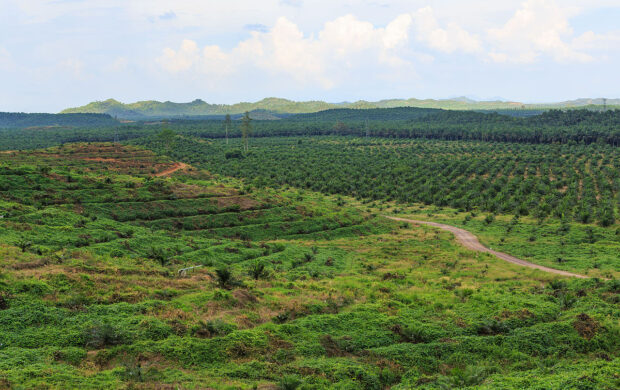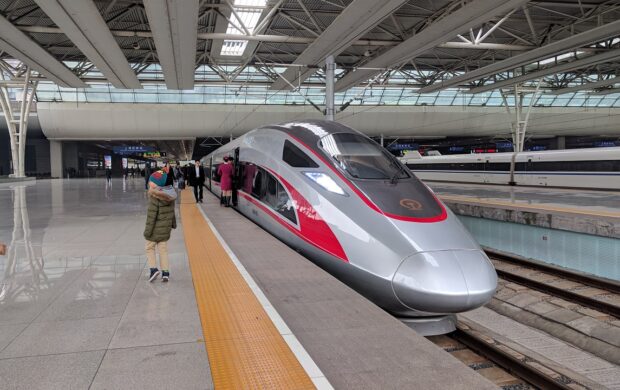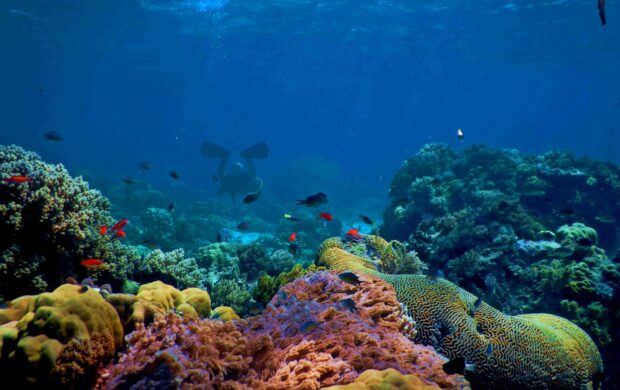A global expert on major infrastructure projects has described China’s $8 trillion Belt and Road Initiative to create a “modern Silk Road” with sea and land links across Asia, Africa and Europe as the “riskiest environmental project in history.”
In a call for further research, Professor William Laurence of James Cook University cautions that the infrastructure projects could have devastating environmental impacts on biodiversity and the world’s carbon sinks. He cited environmental costs associated with the raw materials required to build the infrastructure as well the secondary effects of building into environmentally sensitive areas. It is feared that by providing access to previously remote areas the infrastructure could facilitate detrimental activity, such as illegal logging in tropical forests, particularly in states where environmental safeguards are weak. The researchers also fear the expansion of fossil fuel infrastructure, such as oil pipelines, could lock states into high-carbon futures.
















